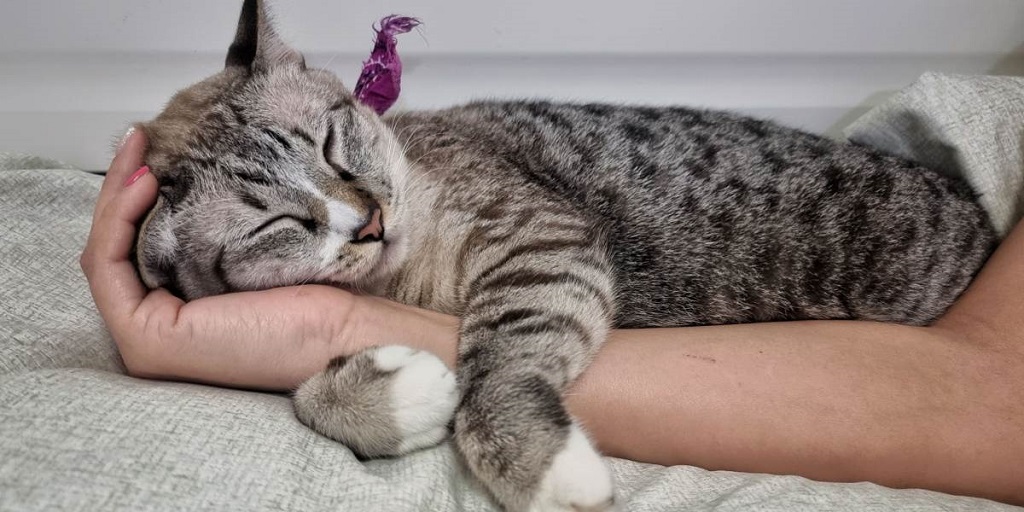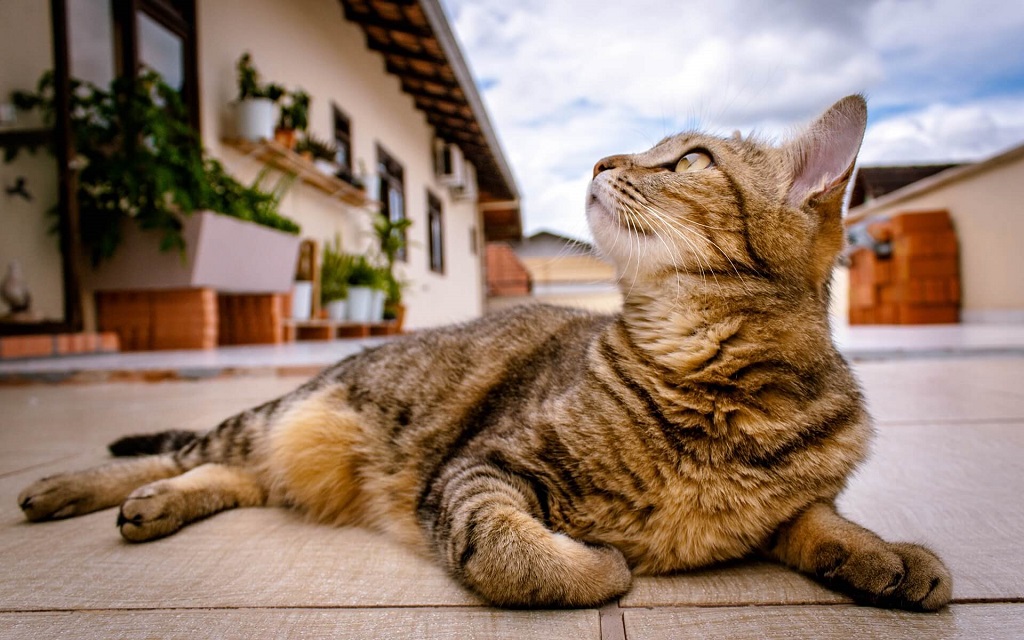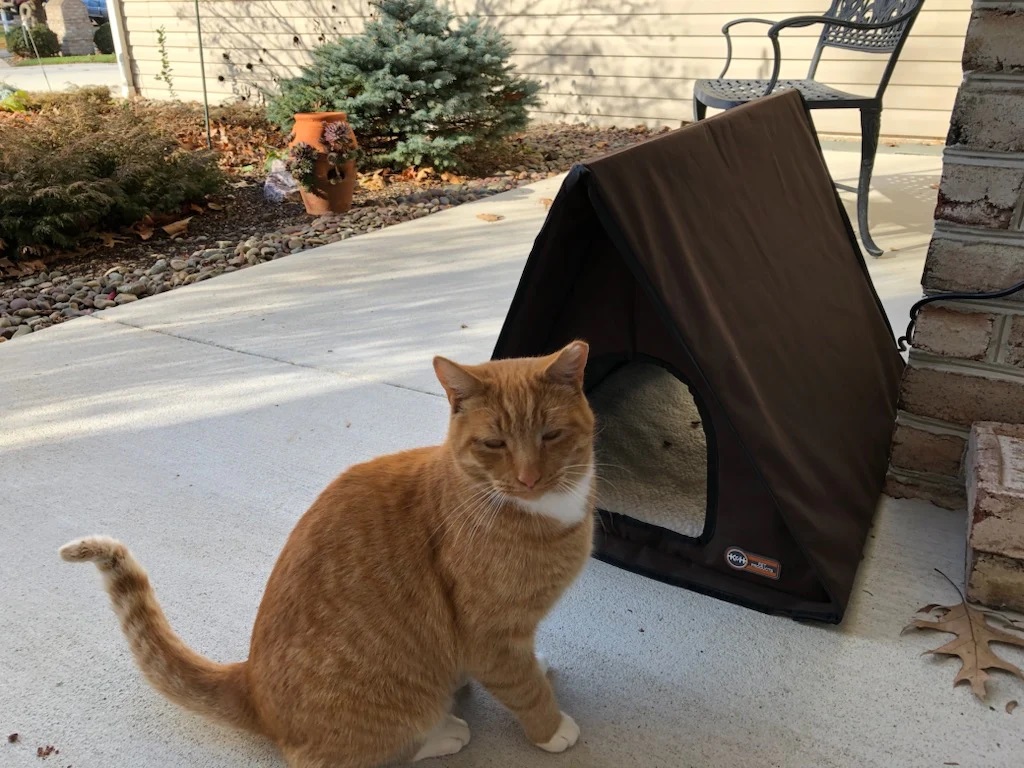Cats are notorious for their love of routine, and anyone who shares their home with a feline friend can attest to their unwavering commitment to daily rituals. From the same spot on the windowsill to their insistence on being fed at the exact same time every day, cats thrive on routine. But what drives this feline fascination with consistency, and how can understanding it improve our relationship with our furry companions?
Understanding Why Cats Crave Consistency
The Nature of Cats
Cats are creatures of habit, and their obsession with routine can be traced back to their evolutionary roots. Unlike their more social canine counterparts, domestic cats share a closer genetic lineage with their solitary wild ancestors. In the wild, a routine is a matter of survival – it helps them predict the movements of prey, avoid predators, and maintain a sense of security in their territory.
Understanding the Routine Obsession
Security and Predictability: Routine provides cats with a sense of security and predictability in their environment. Knowing what to expect helps them feel safe and in control, reducing stress and anxiety.
Territorial Instincts: Cats are territorial animals, and routine helps establish a sense of territory. A consistent routine reinforces the boundaries of their territory, allowing them to navigate their space with confidence.
Biological Clock: Cats have a highly tuned internal clock that governs their daily activities, such as hunting, grooming, and sleeping. A routine aligns with their natural circadian rhythms, contributing to overall well-being.
Stress Reduction: Cats are sensitive to changes in their environment. A predictable routine minimizes disruptions, reducing stress and promoting a harmonious atmosphere in the home.
How to Establish a Cat-Friendly Routine
Now that we understand why routine is crucial for our feline friends, here are some tips on creating a cat-friendly routine:
Consistent Feeding Times: Cats often associate routine with mealtime. Stick to a consistent feeding schedule to fulfill their natural instincts and keep them satisfied.
Regular Play Sessions: Engage in daily play sessions to provide mental stimulation and physical exercise. This not only supports their routine but also strengthens the bond between you and your cat.
Designated Resting Places: Cats love having their favorite spots for lounging and napping. Provide comfortable and secure resting places in quiet areas of your home.
Maintain Litter Box Consistency: Keep the litter box clean and placed in a consistent location. Cats appreciate a clean and predictable bathroom routine.
How to Make a Cat Quit Talking
While understanding and accommodating a cat’s routine is essential, there may be times when their vocalizations become excessive. Then you must know how to get a cat to shut up. Here are some tips for managing a chatty cat:
Rule Out Medical Issues: Excessive vocalization could be a sign of underlying health problems. Consult with a veterinarian to rule out any medical issues.
Provide Enrichment: Boredom can lead to increased vocalization. Offer toys, scratching posts, and interactive activities to keep your cat mentally stimulated.
Scheduled Attention: Allocate specific times for focused attention and play to ensure your cat feels satisfied and secure.
Final Thought
In conclusion, a cat’s obsession with routine is deeply ingrained in their nature and contributes to their overall well-being. By understanding and embracing their need for consistency, Do you know Can Cats Eat Apples? we can create a harmonious and happy environment for our feline companions. Additionally, addressing excessive vocalization requires patience, observation, and a commitment to meeting their physical and emotional needs.



